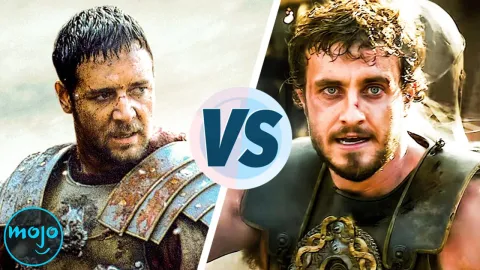Gladiator 1 vs Gladiator 2

[a]HAN-noh - movie @ 03:40
LOO-shiss VARE-uss https://www.yarn.co/yarn-clip/1031f5f3-99f3-4df8-a6e5-f416c4b969ba
oh-RAY-LEE-iss https://www.yarn.co/yarn-clip/1191203b-a8e4-4ee4-aa92-1c6f346c9480
[b]cara-CAL-uh / care-uh-CAL-uh https://youtu.be/Ci2zahNn7_s?si=q8xX_kDA8LYWmebD&t=771
GAY-tuh https://youtu.be/Ci2zahNn7_s?si=yT_XyDWcbbPGU2HT&t=1124
MACKRIN-iss movie 25:55
prock-SEE-moh https://www.yarn.co/yarn-clip/4426100c-23aa-4f01-bebc-65007407e252
https://www.yarn.co/yarn-clip/77710792-16c1-44cf-8d58-95963104ede8
uh-CAY-shuhs or uh-CAY-SHE-iss https://youtu.be/6q4vdtNnxMs?si=MORXZTpTG03L9lNB&t=32
[c]noo-MIDDY-uh https://www.dictionary.com/browse/numidia
[d]https://youtu.be/acD0aOUWd8Q?si=vDRd99RbbNwxjSAe&t=60
[e]https://youtu.be/_aInyrSe8do?si=4f6vYlCG2yYOZZyS
https://youtu.be/TYPojRh7Umg?si=UTsTb8kjUi1vuDgv&t=54